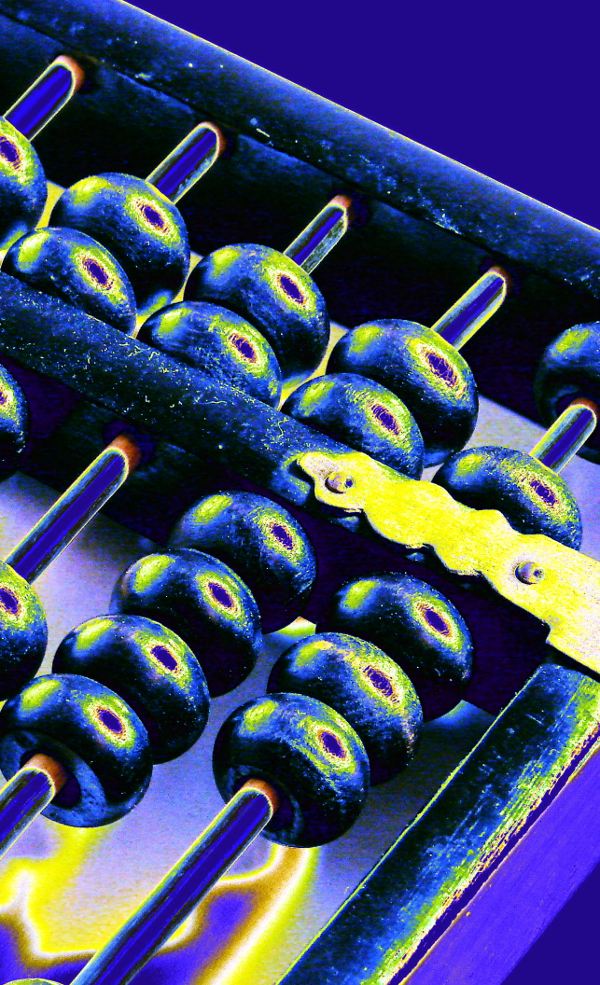Maths brains change over time
 New research suggests the human brain handles maths completely differently when it is younger.
New research suggests the human brain handles maths completely differently when it is younger.
Chemical messengers in the brain that help children do maths have the opposite effect in adults, according to international research.
Researchers studied the effects of two neurotransmitters (chemical messengers); one that makes the brain more active (Glutamate) and one that makes it less active (GABA).
They tested the levels of both these messengers in the brains of about 250 people from children to young adults, and gave them a maths test to complete.
With children, higher GABA levels were associated with better performance in the test and higher glutamate levels associated with worse performance.
For adults, the results were the complete opposite with GABA associated with worse performance and glutamate better.
Because the participants were tested twice about 1.5 years apart, the researchers were also able to show that neurotransmitter levels at the time of the first test could predict math achievement at the later date.
Much of what is known about GABA, glutamate and learning comes from rodent experiments in the lab, which cannot say anything directly about natural school-based skills such as mathematics that develop over time.
This longitudinal study in humans will help researchers better understand the relationship between learning and brain plasticity, particularly during critical periods that might span years.
Researcher Dr Roi Cohen Kadosh from the University of Surrey adds; “Our finding of developmental switches in the link between GABA and glutamate and academic achievement highlights a general, unknown principle of plasticity”.
“In contrast to previous studies on humans or animals that focused on narrower developmental stages, our cross-sectional-longitudinal study suggests that the link between plasticity and brain excitation and inhibition across different stages is unlikely to be immutable.
“Our findings have also important implications for the development of brain-based interventional programs, which we hope to examine in the future,” Dr Cohen Kadosh says.








 Print
Print